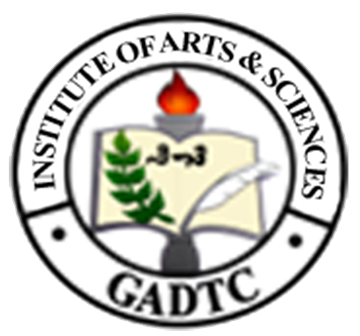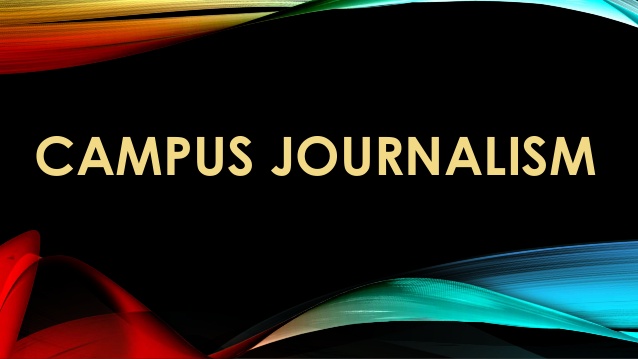Institute of Arts & Sciences
Vision
The GADTC-Institute of Arts and Sciences is the Heart of the institution in providing humanistic and scientific education needed to produce holistic individuals who are globally competitive and value-oriented professionals appreciative to both culture and innovations.
Mission
The GADTC-Institute of Arts and Sciences shall produce globally competitive and value-oriented professionals who appreciate tradition and innovation and contribute to the understanding of the diversity of cultures producing socio-cultural and environment related researches to further serve the institute and the community.
Goals
1. Provide the foundational learning that equips every Alfonsos with communicative, analytic and cultural skills and the fundamental knowledge that are essential tools in the making of a globally-competitive individuals;
2. Develop among our students a sense of creativity, cultural-sensitivity, commitment and service to community and nation;
3. Foster dedication in promoting research that helps the academic community to better understand and appreciate human history, society, environment and culture; and
4. Engage in interdisciplinary and innovative approach in teaching humanities and social sciences to produce holistic and value-oriented professionals.
Degree Programs of the Institute of Arts and Sciences
| Institute of Arts and Sciences |
Bachelor of Arts in Political ScienceA four-year program that includes a set of general education and major courses focusing on the study of governments, public policies and political behavior, using both humanistic and scientific perspectives and skills to examine all countries, regions and political subdivisions of the world.
Bachelor of Arts in English LanguageThe AB-English program are designed to integrate theory and practice to prepare the students for effective communication in English in diverse contexts and situations. Program Outcomes
Bachelor of Arts in CommunicationA four-year program that covers the various ways by which humans communicate. It focuses on how verbal and non-verbal messages are used to create meanings in different contexts using diverse media platforms. It includes a broad range of subject matter ranging from the study of communication in interpersonal relationships, groups, organizations, and cultures. Program Outcomes
|

IAS
-
1st Floor
Gov. Alfonso D. Tan College
J. Luna St. Maloro, Tangub City
7214 Misamis Occidental, Philippines - Contact #:
- Email:
- ias@gadtc.edu.ph
- Fb Account:
- Institute of Arts & Sciences


